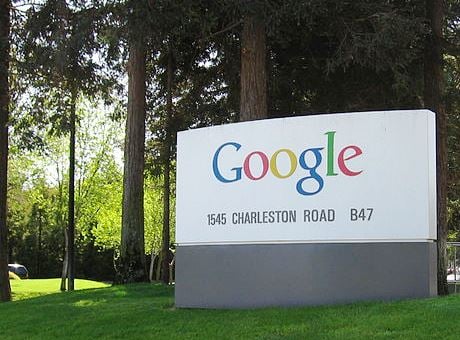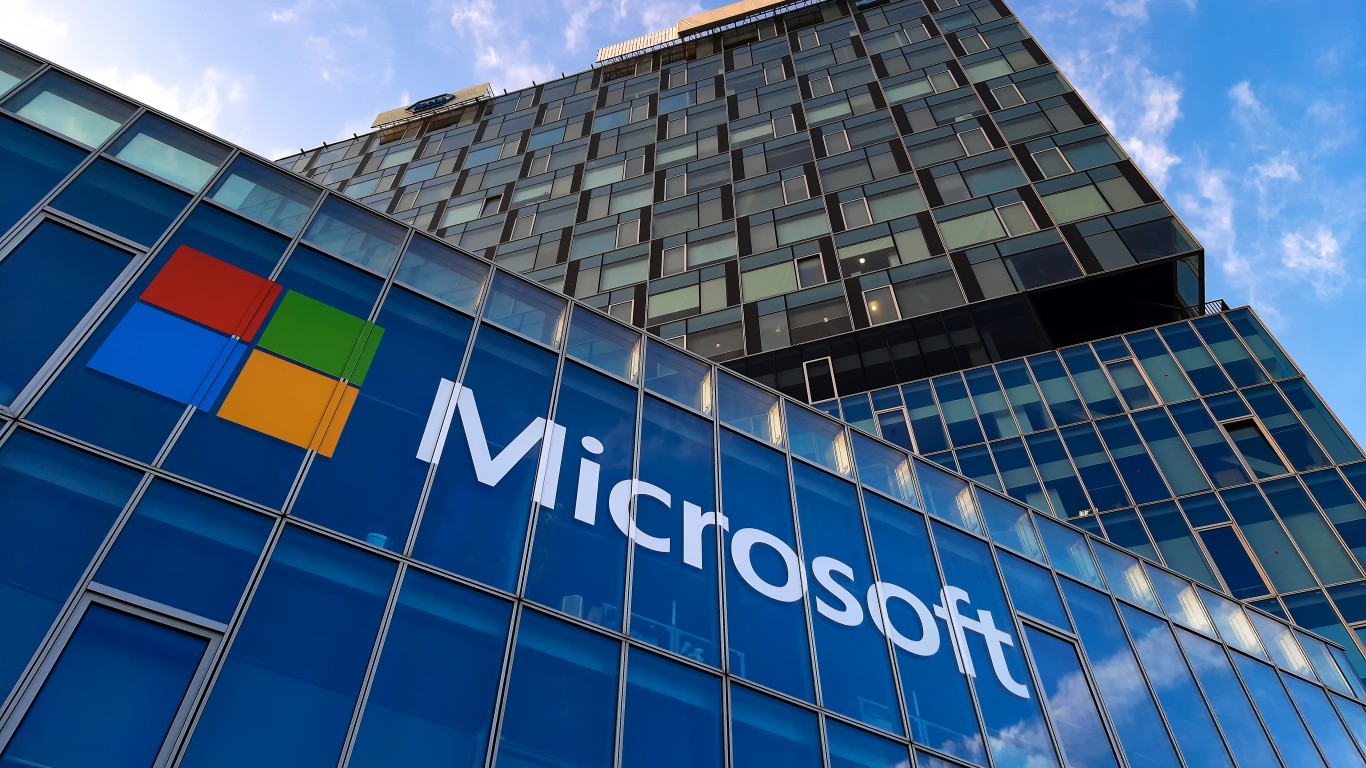Google Inc. (NASDAQ: GOOG) is getting ready to split its shares, and you should know how things will change. Source: Wikimedia Commons
Source: Wikimedia Commons
The split for shareholders of record as of Thursday occurs after the April 2 close, with the new shares beginning trading the next day. While it looks like a two-for-one split, it isn’t exactly because it’s not a shareholder-friendly split. It is really designed to ensure that Google’s founders maintain control of the company.
That said, analysts still like Google, with most analysts maintaining Buy ratings and target prices above current levels. As of Thursday morning, the shares were at $1,125.15, down $6.82, or 0.6%. The shares are down 7.4% this month but up 0.4% this year.
Here is how the split works.
For every Google Class A and Class B share, shareholders will receive one Google Class C share.
For holders of Class A shares, the result should be two shares that add up to what Google shares are trading at now. The difference between the classes is that the class C shares will be non-voting, and when Google issues new shares going forward, they will be class C shares.
There is likely to be a spread between the Class A and Class C shares, but probably not much of a change, at least for now. One reason is that S&P Dow Jones has said it will list both in the Standard & Poor’s 500 Index. (Yes, that means the index will have 501 stocks.) Nasdaq has said it will list only the Class C shares in its indexes starting on June 23.
In addition, Google has said it will compensate the holders of the Class C shares if the shares trade below the value of the Class A shares. The compensation will be made on a sliding scale. If the difference is between 1% and 2%, the compensation is 20% of the difference. At 5% or more, the compensation is 100% of the difference up to 5%.
The third class will the Class B shares, held by Google’s founders. These do not trade and that will not change, but each gets 10 votes compared with the one vote for each Class A share. That is how the founders keep control of the company.
A big question is if the share split will change how analysts view the stock. Short answer: No.
Merrill Lynch is maintaining a $1,380 price target on Google. Cantor Fitzgerald boosted its target to $1,300 from $1,260. RBC Capital Market boosted its target on the post-split shares to $710 from $700.
Google shares have produced some of the gaudiest returns in recent years. The shares jumped 58.4% in 2013. They currently have a 52-week range of $1,102.20 to $1,130.94.
Smart Investors Are Quietly Loading Up on These “Dividend Legends” (Sponsored)
If you want your portfolio to pay you cash like clockwork, it’s time to stop blindly following conventional wisdom like relying on Dividend Aristocrats. There’s a better option, and we want to show you. We’re offering a brand-new report on 2 stocks we believe offer the rare combination of a high dividend yield and significant stock appreciation upside. If you’re tired of feeling one step behind in this market, this free report is a must-read for you.
Click here to download your FREE copy of “2 Dividend Legends to Hold Forever” and start improving your portfolio today.
Thank you for reading! Have some feedback for us?
Contact the 24/7 Wall St. editorial team.



